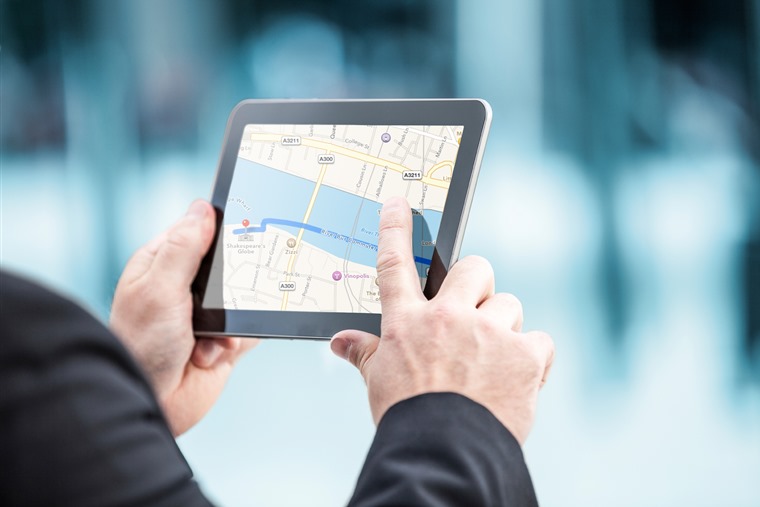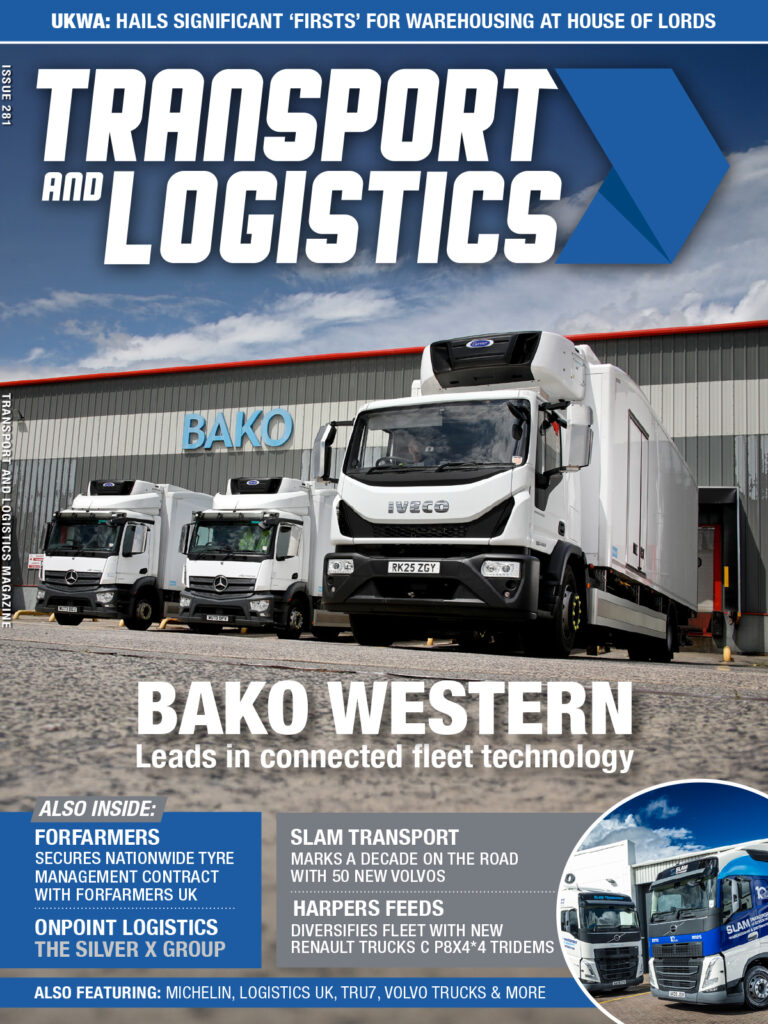The number of businesses using telematics in their fleet vehicles has almost doubled over the last year. That’s according to a report by the RAC, that found that around two thirds of businesses (65%) are now using telematics in company vehicles, compared to just 38% last year.
All sectors of the fleet market have seen an increase in the uptake of telematics with 70% of business services and 67% of retail fleets taking it up. Meanwhile, 66% of construction vehicles now also use telematics too.
Businesses of all sizes are coming round to the use of telematics, with 51% of sole traders now using the systems according to the RAC’s survey – fast uptake when compared to last year’s mere 14%.
On the other end of the scale, corporate businesses employing over 1,000 people have taken to the technology just as well, with 67% of them now using telematics systems, compared to just 29% a year ago.
When questioned by the RAC, businesses claimed the key benefits telematics offer are lower fuel costs, fewer accidents and a reduction in maintenance bills.
RAC telematics director, Nick Walker commented: “We see that the world has moved on from a slight fear about telematics, the old ‘Big Brother’ image that is well behind us now, as people are seeing the benefits, and looking at how they can bring those benefits into their own fleets.”
The ‘Connected Car’ of the Future
The RAC’s findings showed that many businesses expect telematics to cut fleet costs even further in the future. For example, many telematics systems have the ability to report faults to fleet managers before a breakdown has even occurred.
Walker said: “People are looking now for things like vehicle condition monitoring and vehicle diagnostics. When vehicles have faults fleet managers want to know so they can anticipate and plan downtime, so vehicle health is a real key part of the future of telematics, and that is really nicely aligned to what we’re doing at the RAC.”
The RAC cite that its own telematics system can detect a collision with a certainty of more than 90%, so hitting pot holes or kerbs will not falsely register an accident.
“With RAC Telematics for example, customers can monitor vehicle health, driver score, and track location, and they have market-leading crash detection technology.”













